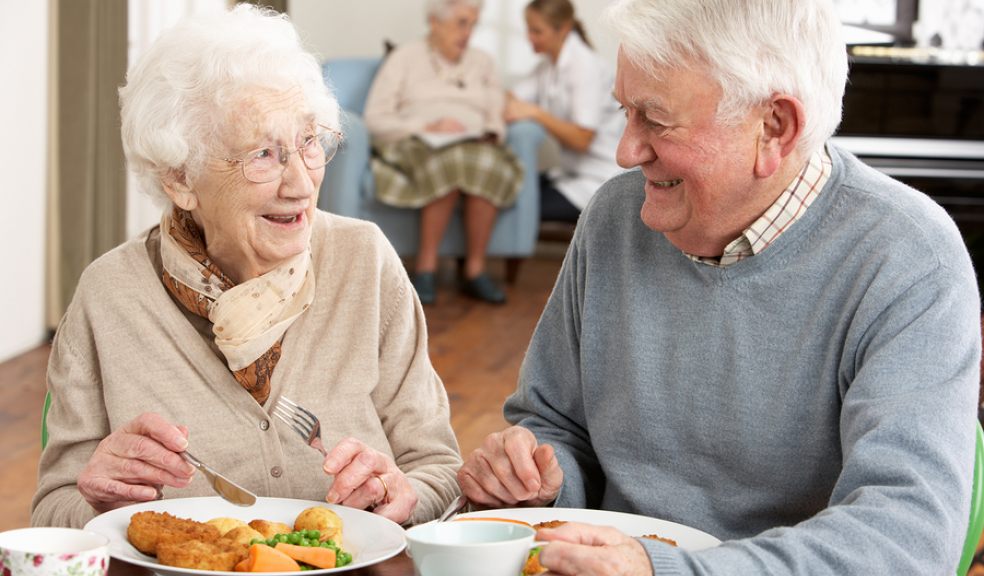
Why over 65s NEED to have more protein in their diet
Protein is a vital part of any balanced diet, helping to build and repair the cells, muscle and tissue throughout the body.
Everyone should be aware of the need to get plenty of protein in their diet – check this out for a full look at what protein is and what it does for a better idea – but a new study suggests that older adults actually need to double their protein intake later in life.
Scientists at the University of Stirling, who carried out the research, have now called for the nutrition guidelines – the figures that many people base their dietary decisions on – to be amended to reflect the needs of older people and help people understand how their needs change depending on their age.
They found that not only do over-65s need to double the amount of protein they consume but they also need to take part in vigorous exercise such as weightlifting to boost their health.
The academics found that retirees need the boost of protein and exercise to help prevent the condition of sarcopenia – a condition which causes the gradual loss of muscle mass and can lead to disabilities.
The protein boost they recommend should help to fuel the active lifestyle that researchers said is necessary, striking the balance that they feel is ideal to keep the body fit and healthy in someone’s twilight years.
Dr Oliver Witard, senior lecturer in health and exercise science at the University of Stirling, said: “The government recommendations are focused on telling us what our minimum protein intake should be and are not tailored towards our optimal intake.
“The RDA is also based on data taken from young adults, not older adults.
“For young adults of typical body size, the recommended 20-25g of protein per meal is sufficient, but older adults may require at least upwards of 30g – and more towards 40g of protein per meal.
“The current physical activity recommendations are broad – essentially 30 minutes of exercise, five days a week, which includes gentle exercise, such as gardening or walking.
“Added to these general recommendations, we advocate the inclusion of resistance training – for example weightlifting, which is very important for maintaining muscle mass. Also high-intensity interval training.”
Nutritionist Emma Conroy agreed with the researchers that older people need more protein and exercise to stave off some of the side effects of ageing.
She also believes that the extra need for protein might lead older people to need supplements, such as protein shakes, to add to the amount they can consume in their diet with meat and vegetables.
She told The Scotsman: “What may be adequate for a healthy, young adult cannot be assumed to have the same effect in the elderly, and indeed it seems that larger amounts of protein are needed in an elderly person to build muscle or protect existing muscle tissue.
“For some individuals, there will be a place for protein powders, to add to meals, or have as a protein drink.”













